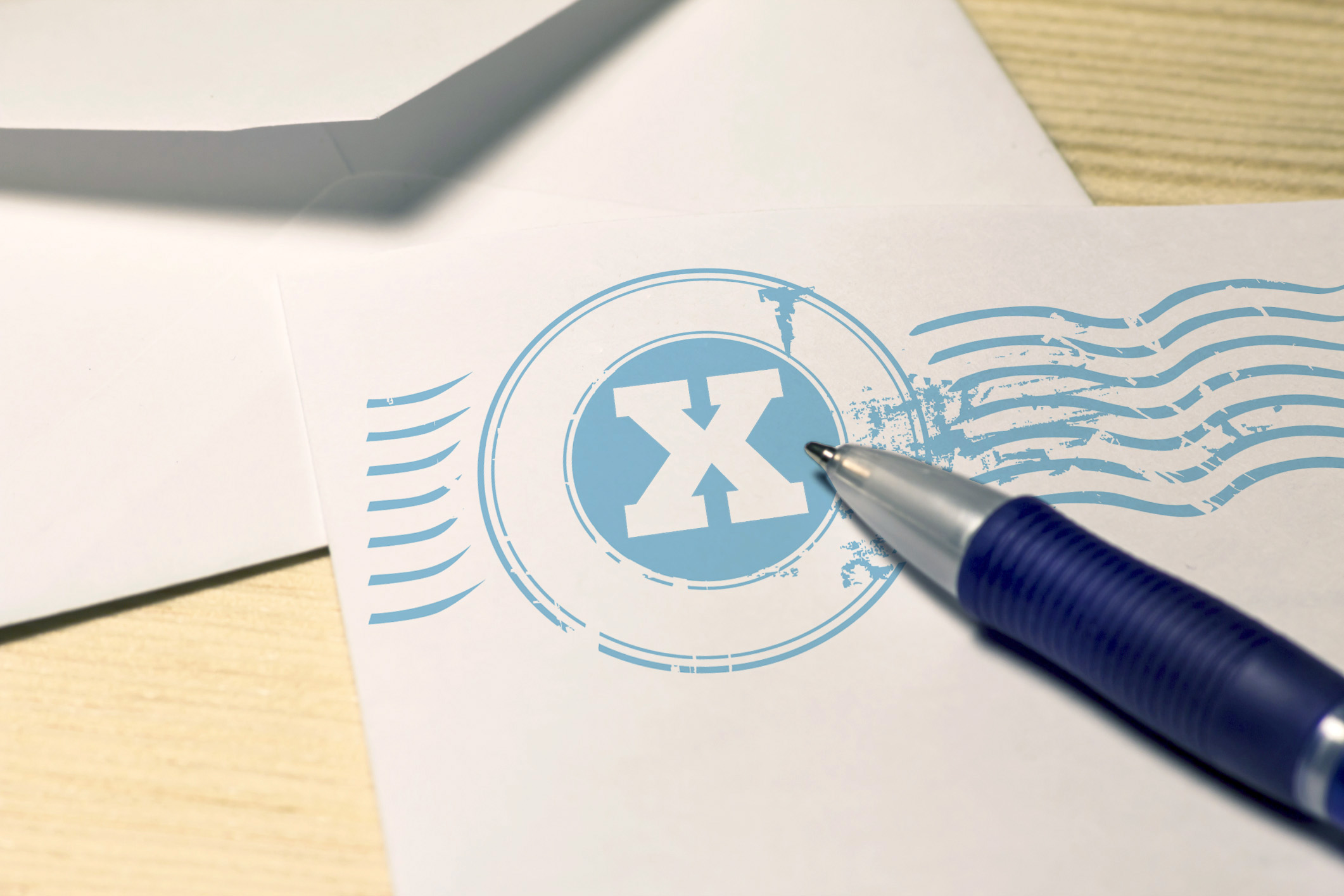If a supermarket advertises a recall to its patrons on its own Web site, it is entirely reasonable to believe that it has completed the recall from its own shelves, removing the suspect items completely or replacing them. This was not the case at our local supermarket on March 17, when we bought food for our dog Max. This store’s Web site had announced their brand of dog food was recalled on March 16 (unknown to me when I visited the store and purchased the food). Perhaps I was naive in purchasing any canned dog food during a recall, but the news had told me that only 10 pets had been affected nationwide, and I trusted my local grocer—a market where I have shopped on a weekly basis for many years. It never occurred to me that they would announce [the recall] and still have [the food] on their shelves!
Max, our 10-year-old border-collie mix was fed this dog food on March 18. That night he became very sick and was taken to REACH [Regional Emergency Animal Care Hospital]. The next morning he was transferred to our vet, where he remained until his death on March 20.
There must be a better method of preventing recalled food or products from [remaining on the shelves] of a large supermarket. Even if it is difficult to quickly remove the product from the shelf, isn’t there a way to use the bar code on the item(s) to avoid ringing it up at the register? With so many foods being recently recalled, a faster system needs to be put in place, as these recalls will undoubtedly continue.
We miss Max deeply, and the hurt will last much longer than paying off the costly vet bills will take. I urge my neighbors not to make the same horrible mistake.
— Betsy Pearl Cardwell
Asheville



